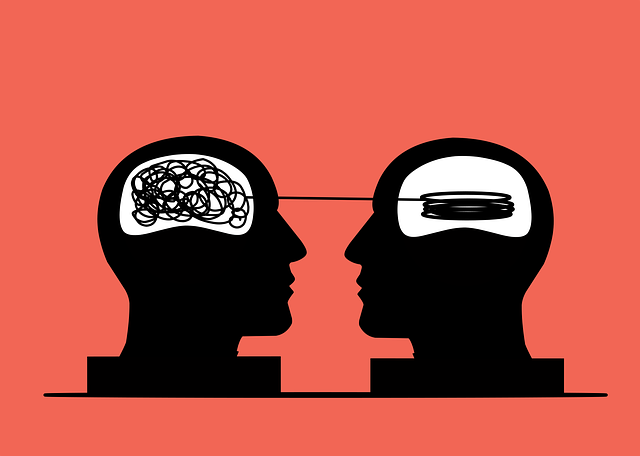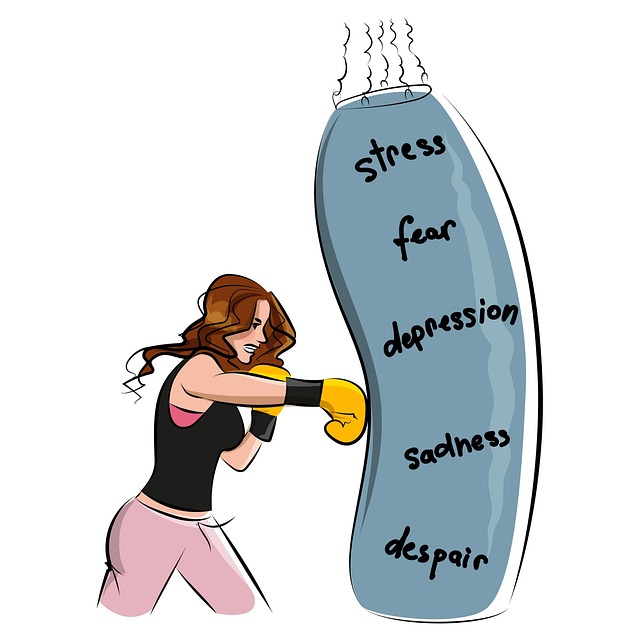Mental health crisis hotlines are vital resources for young adults, offering 24/7 support with evidence-based practices like DBT. These hotlines cater to diverse needs, promoting emotion regulation and interpersonal skills through non-judgmental, culturally sensitive care. By combining hotline assistance with inclusive education and public awareness, we destigmatize mental illness and empower young adults to seek help early, fostering long-term well-being through specialized therapy like DBT.
“In today’s fast-paced world, mental health crises can arise unexpectedly, especially among young adults. This article explores the critical role of hotline support services as a lifeline for this vulnerable demographic. We delve into how Dialectical Behavioral Therapy (DBT) offers evidence-based solutions during crisis, providing essential coping strategies.
Furthermore, it guides readers on accessing and utilizing these services effectively, ensuring young adults receive the therapy they need. Understanding these resources is vital in navigating mental health challenges.”
- Understanding Mental Health Crisis Hotlines: A Lifeline for Young Adults
- The Role of Dialectical Behavioral Therapy (DBT) in Crisis Support
- Accessing and Utilizing These Services Effectively
Understanding Mental Health Crisis Hotlines: A Lifeline for Young Adults

Mental health crisis hotlines serve as a vital lifeline for young adults grappling with intense emotions and thoughts. These 24/7 services provide immediate support, offering a safe space to express distress without judgment. Trained professionals on the other end employ evidence-based practices like dialectical behavioral therapy (DBT), tailored to meet the unique needs of this demographic. DBT focuses on skill-building to manage emotions, tolerate distress, and improve interpersonal effectiveness, fostering resilience in young adults facing mental health crises.
Beyond therapeutic interventions, cultural sensitivity in mental healthcare practice plays a pivotal role in reaching and assisting young adults from diverse backgrounds. Mental health education programs designed with an inclusive approach, coupled with public awareness campaigns development, can destigmatize mental illness and encourage help-seeking behaviors among this vulnerable population. Such initiatives ensure that crisis hotlines are not only accessible but also culturally competent, offering targeted support to young adults navigating their mental health journeys.
The Role of Dialectical Behavioral Therapy (DBT) in Crisis Support

Dialectical Behavioral Therapy (DBT) plays a pivotal role in crisis support for young adults, offering a structured approach to managing intense emotions and mitigating self-destructive behaviors. This therapy is renowned for its effectiveness in treating complex mental health conditions, including borderline personality disorder and post-traumatic stress disorder. DBT equips individuals with essential skills in emotion regulation, distress tolerance, mindfulness, and effective communication, known as conflict resolution techniques. These tools empower young adults to navigate crises more effectively while fostering inner strength development.
Beyond addressing immediate crisis needs, DBT contributes significantly to mental illness stigma reduction efforts by promoting understanding and self-compassion. The structured nature of the therapy provides a safe space for individuals to explore their emotional experiences without judgment, encouraging them to challenge negative beliefs about themselves and their conditions. This holistic approach not only supports young adults during crises but also fosters long-term mental well-being.
Accessing and Utilizing These Services Effectively

Accessing crisis hotline support services is a vital step for anyone experiencing a mental health emergency. For young adults seeking therapy, these hotlines offer immediate assistance and can be life-saving. The process typically involves calling a dedicated number where trained professionals provide a safe space to express feelings and concerns. Many hotlines also offer confidential services, ensuring privacy and fostering honest communication.
Effective utilization of these services includes being clear and concise when explaining the issue, providing relevant personal details if needed, and asking for specific forms of support. For young adults, it can be beneficial to seek out hotlines that specialize in dialectical behavioral therapy (DBT), which focuses on coping skills development and inner strength building. Community outreach programs implemented by these services often provide additional resources, such as workshops and support groups, further aiding in the recovery process.
Mental health crisis hotline support services, including therapy options like Dialectical Behavioral Therapy (DBT), play a crucial role in assisting young adults navigating emotional distress. By providing immediate and accessible resources, these hotlines offer a lifeline, fostering resilience and empowering individuals to manage their mental well-being effectively. Through specialized training and evidence-based practices, DBT specifically equips young adults with valuable coping skills, enabling them to overcome crises and cultivate long-term mental health stability.














